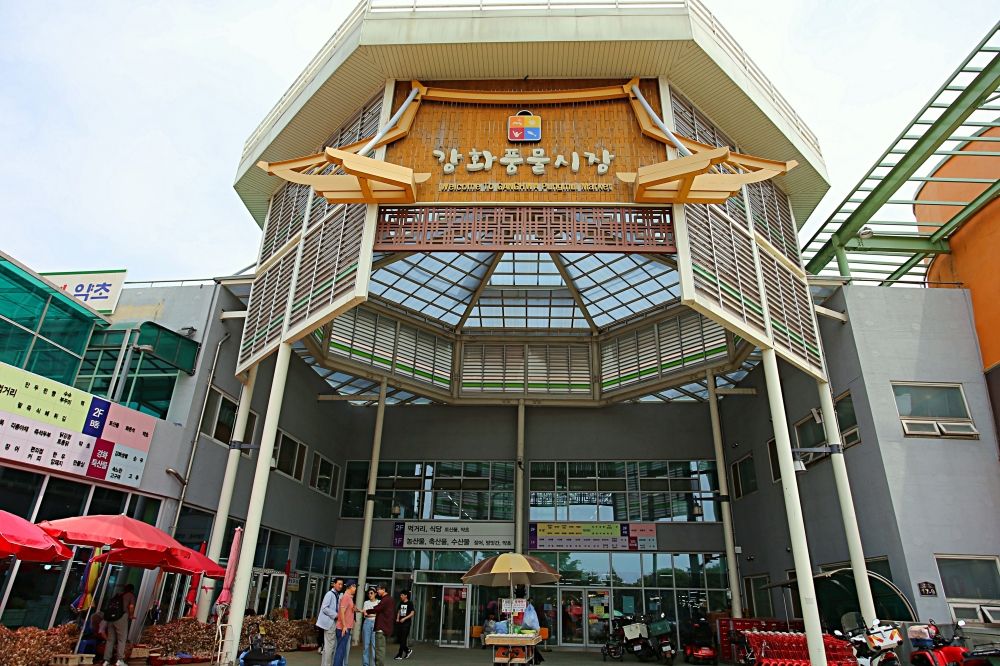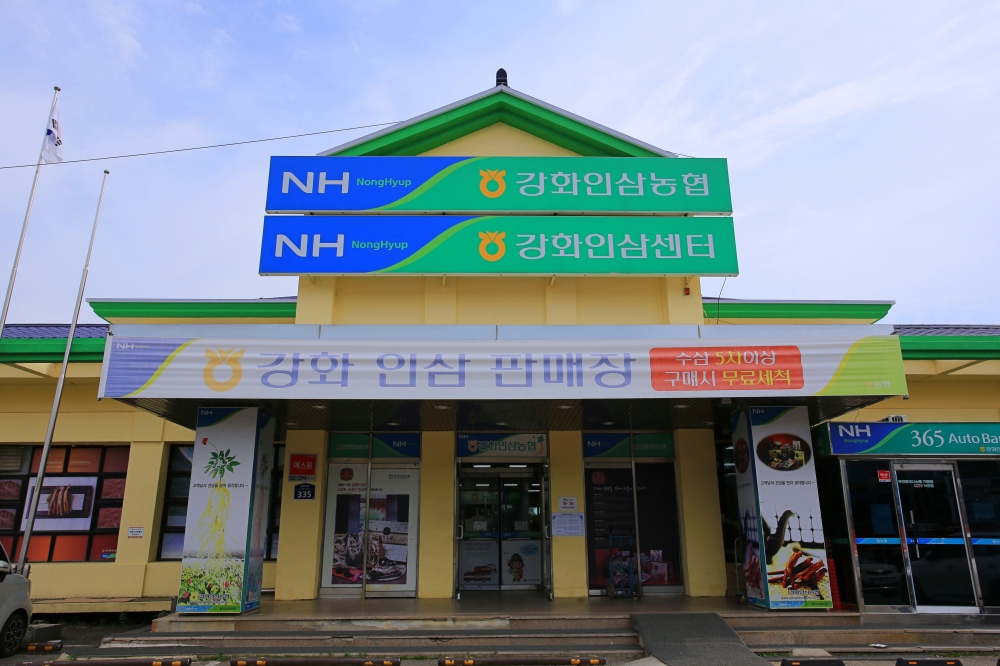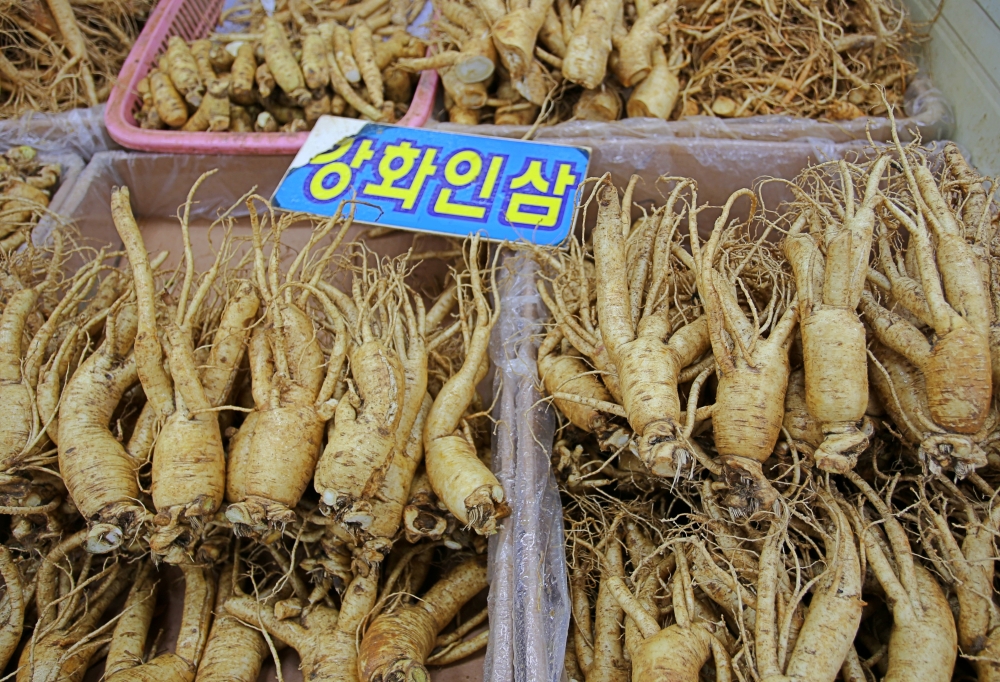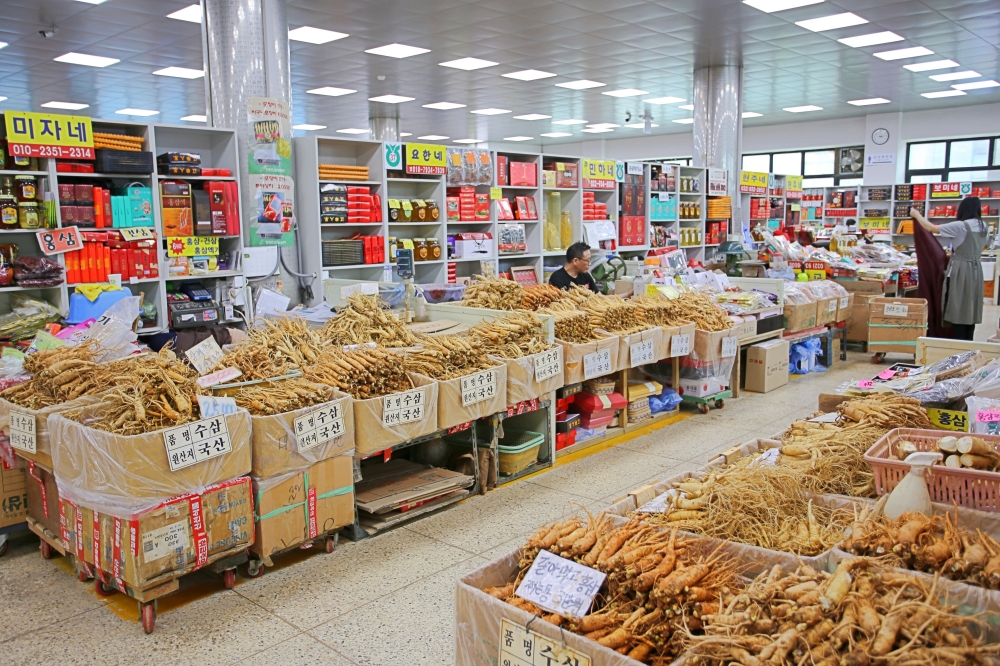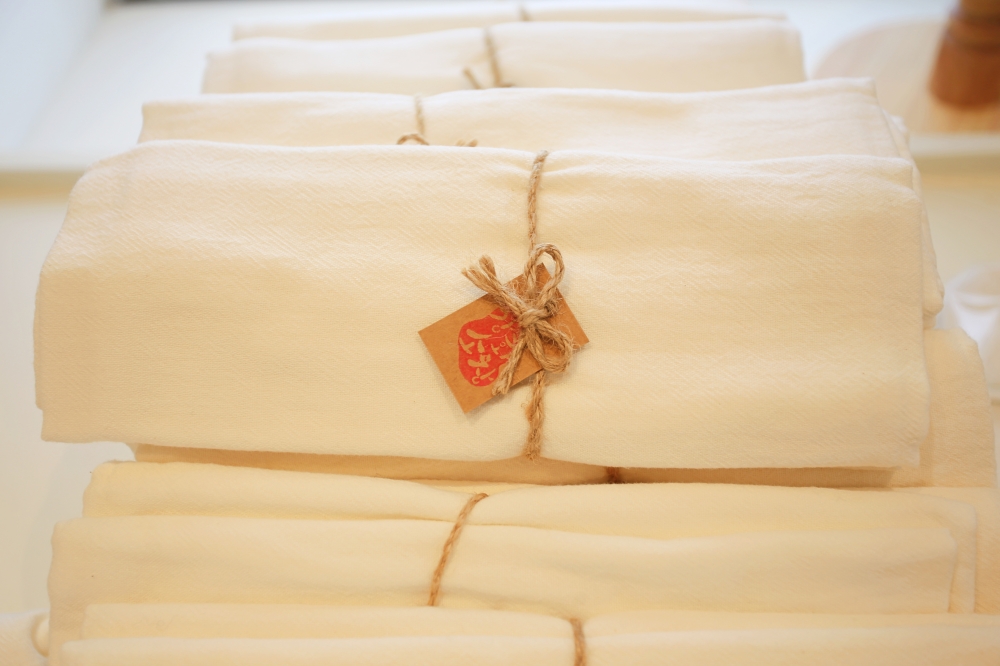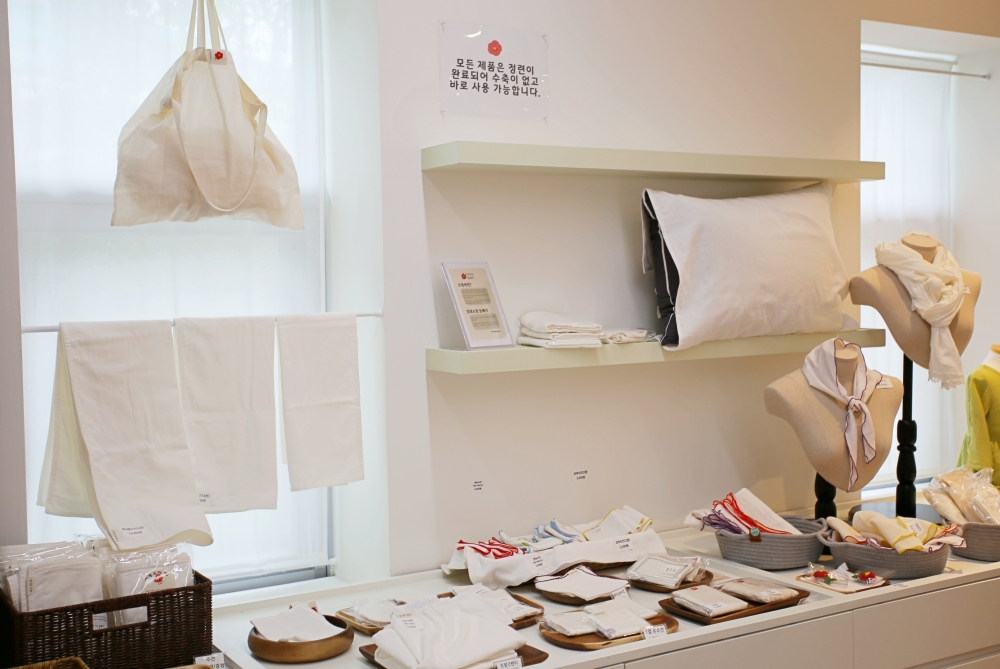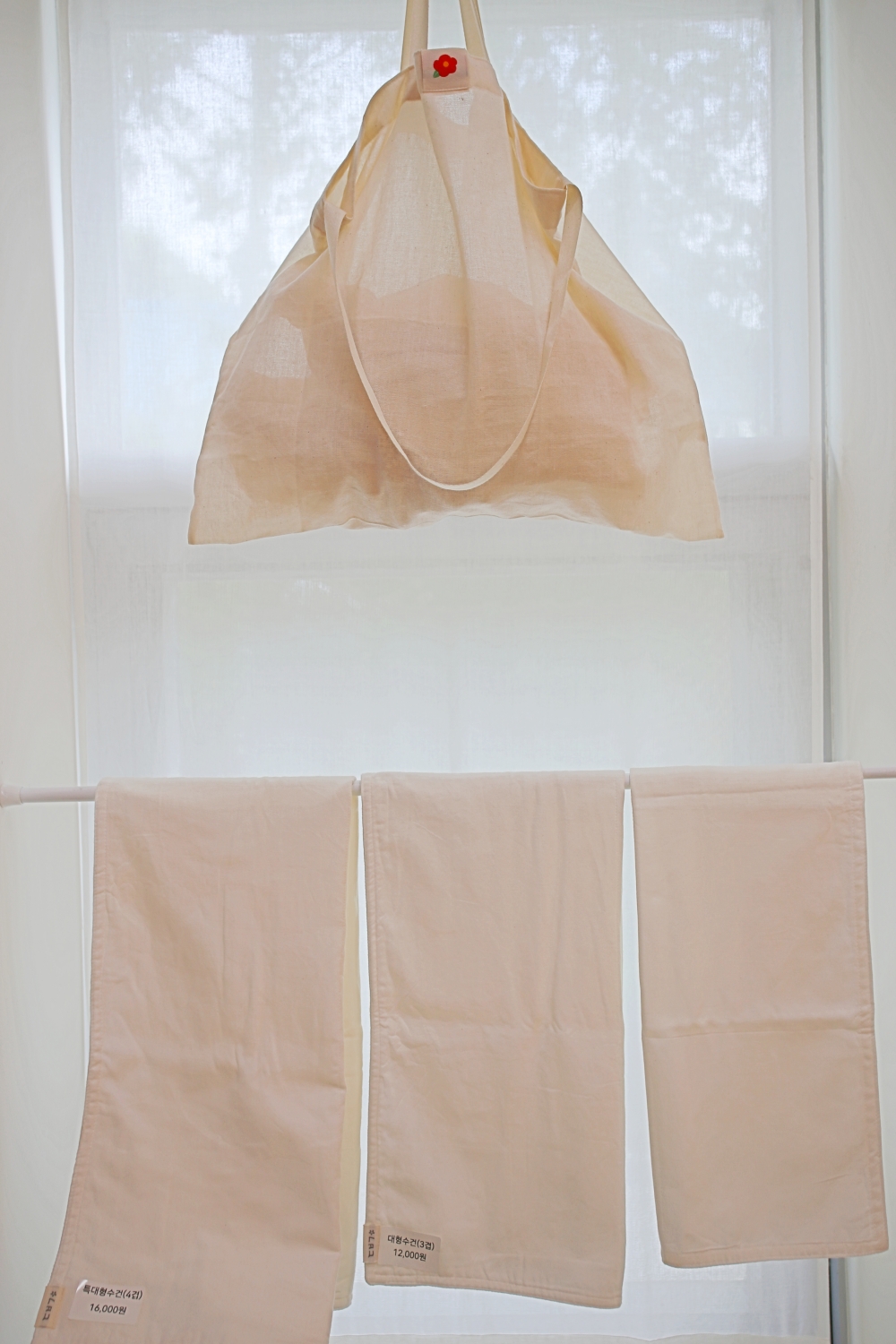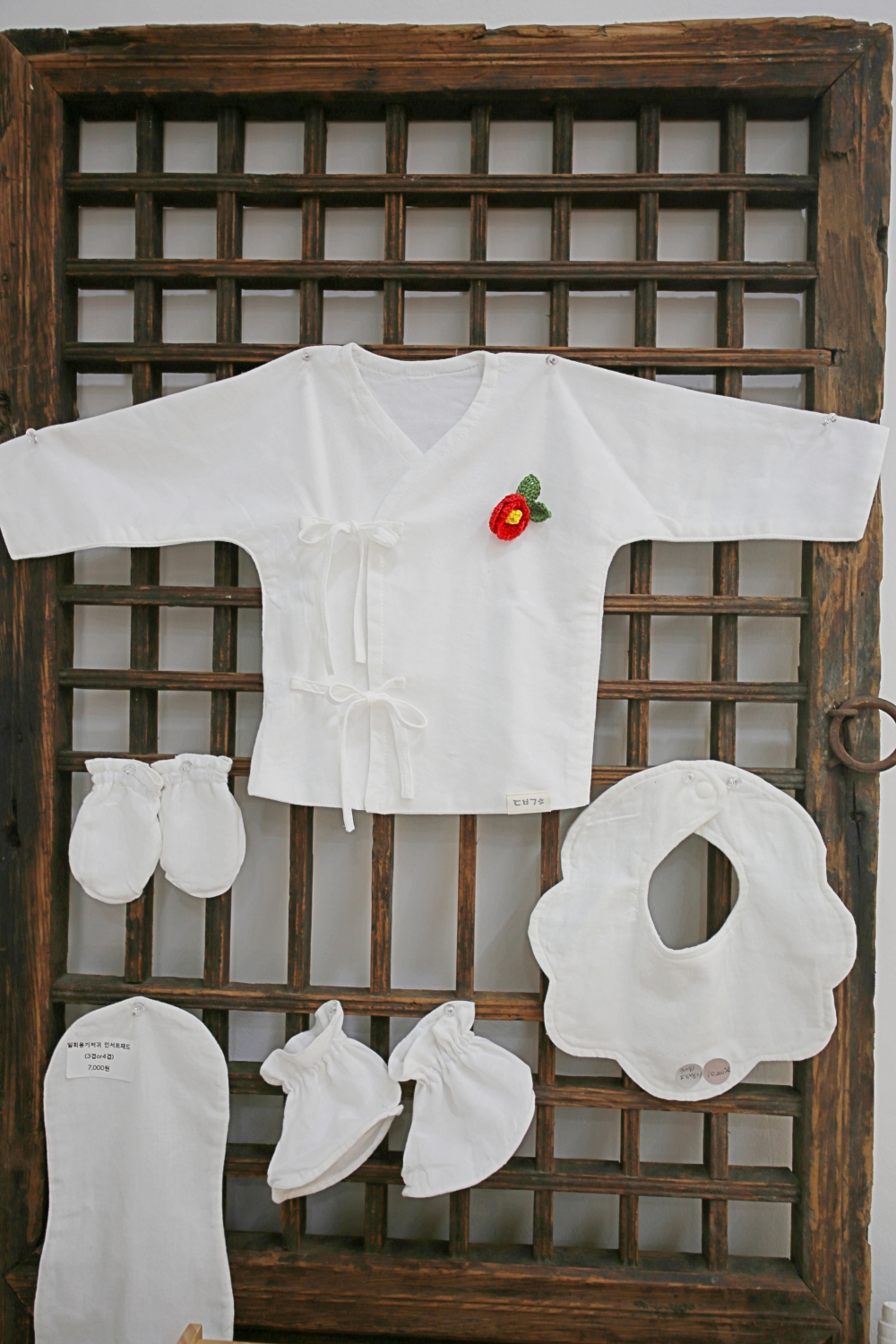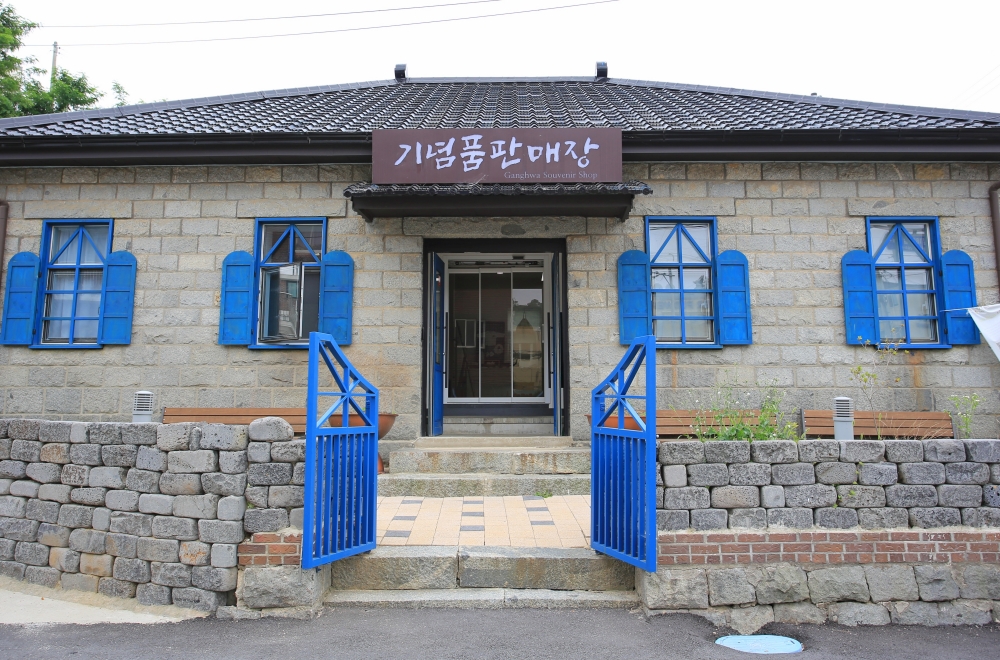A Must-Visit for Avid Shoppers: Ganghwa Pungmul Market
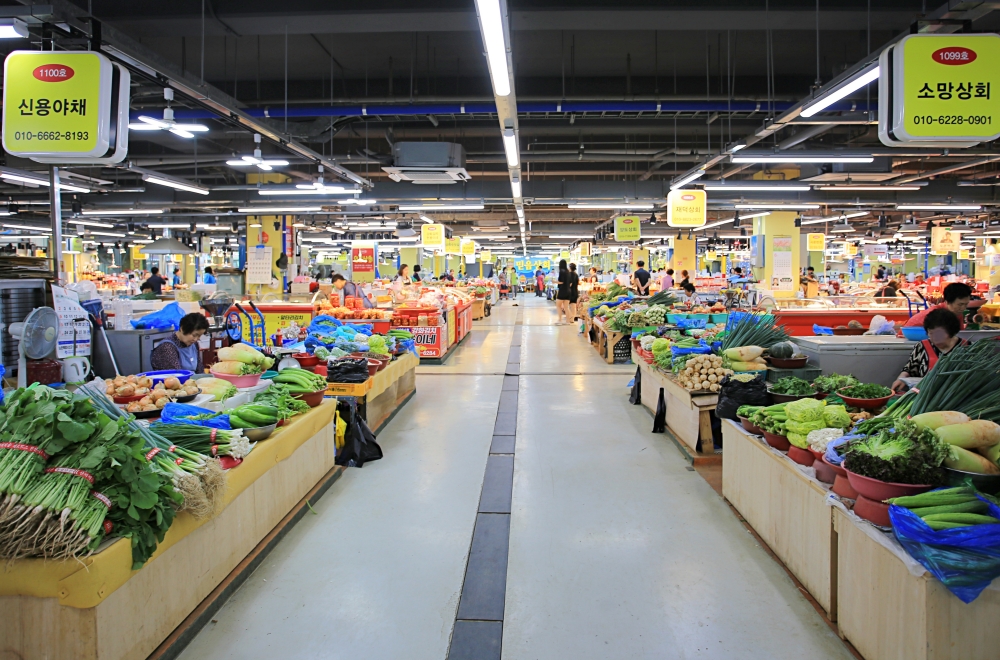
The largest traditional market on Ganghwado Island, Ganghwa Pungmul Market, received a complete makeover into a newly built two-story building in 2007. The first floor handles agricultural and fishery products, while the second floor offers food and regional specialties. The first thing you’ll notice on the first floor is the staggering collection of fresh and sumptuous agricultural products from the island, including the round turnip bulbs with their eye-catching hue of gentle purple.
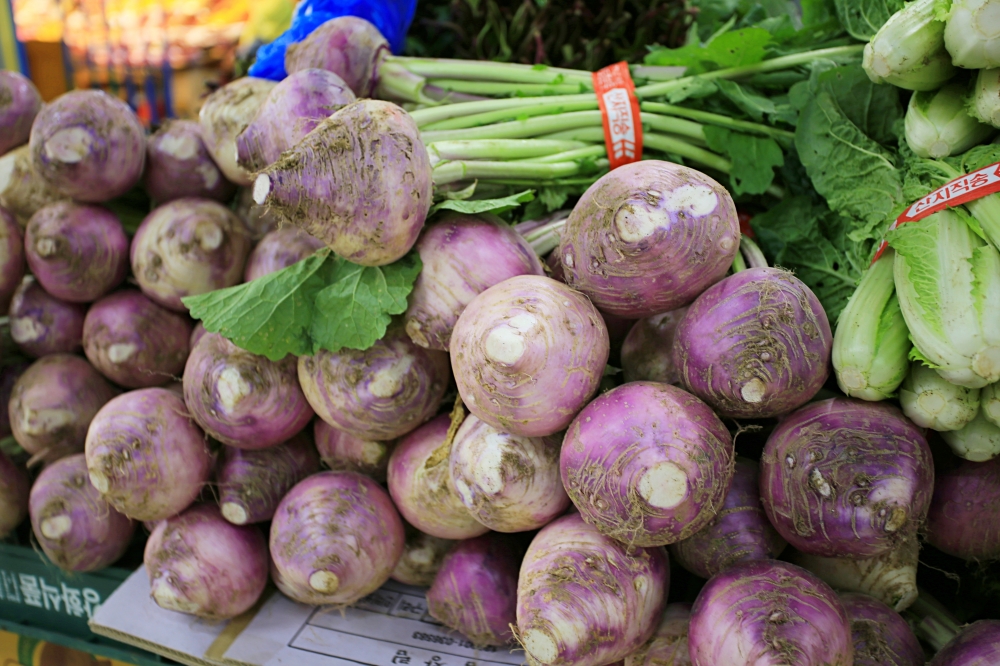
There is no exact record of when turnip cultivation began in Korea. However, turnips are mentioned in Yi Gyu-bo’s《Collected Works of Minister Yi of Korea (Dongguk Yi Sangguk Jip)》, which dates back to the Goryeo period, so it is likely that turnip farming started in or even before that era. Ganghwado Island became famous as a producer of turnips during the Joseon dynasty when turnips from the island were offered to the king in recognition of their quality. Thanks to the sea breeze and unique soil conditions, Ganghwa turnips are still recognized for their exceptional taste.
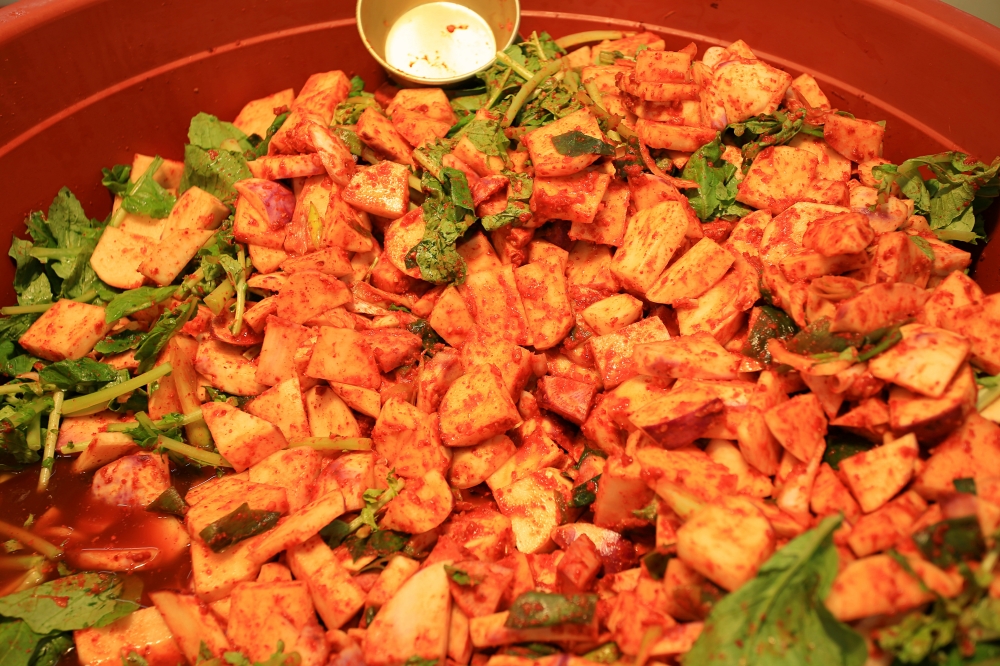
Turnips have a unique blend of gentle sweetness and sharp, stinging flavor. The latter can sometimes throw people off at first, but most come to appreciate the rather addictive taste of the vegetable. Turnips are enjoyed in various ways, and the local way is to make turnip kimchi. Indeed, Ganghwa Pungmul Market has many stores offering turnips and turnip kimchi. You can even see shops making their turnip kimchi on the spot. Different stores have different takes on kimchi, offering considerable variation in flavor. You can sample kimchi before purchase, so try them out and find the one that suits you the best.
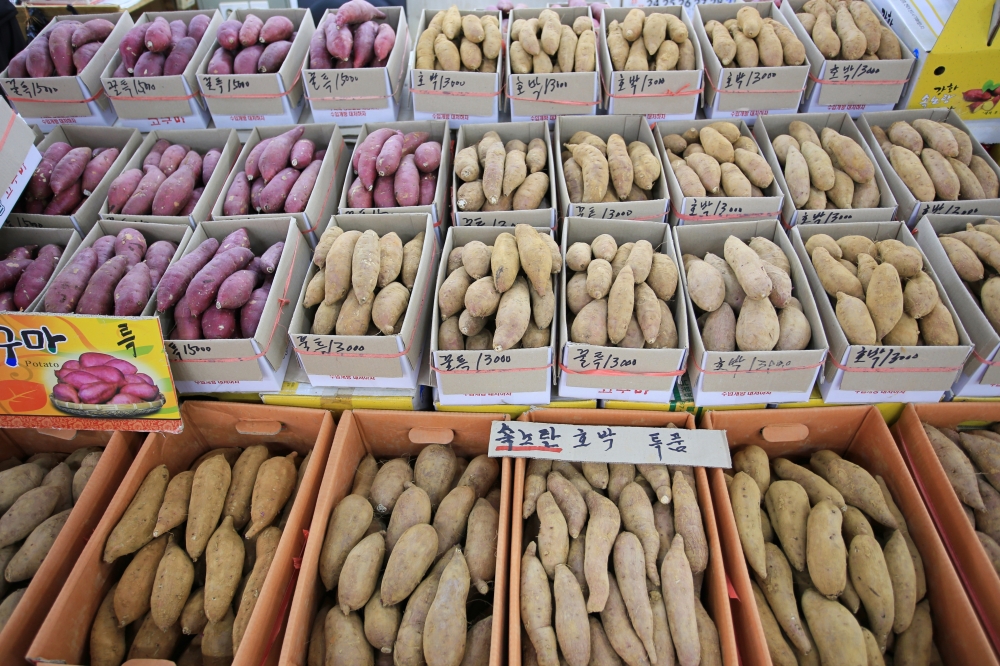
The market also offers other Ganghwa specialties like Ganghwa sweet potato, renowned for its golden flesh and sweetness; Ganghwa salted shrimp, distinguished for its texture and flavor; and the excellent Ganghwa rice, nourished by the island’s fertile soil.
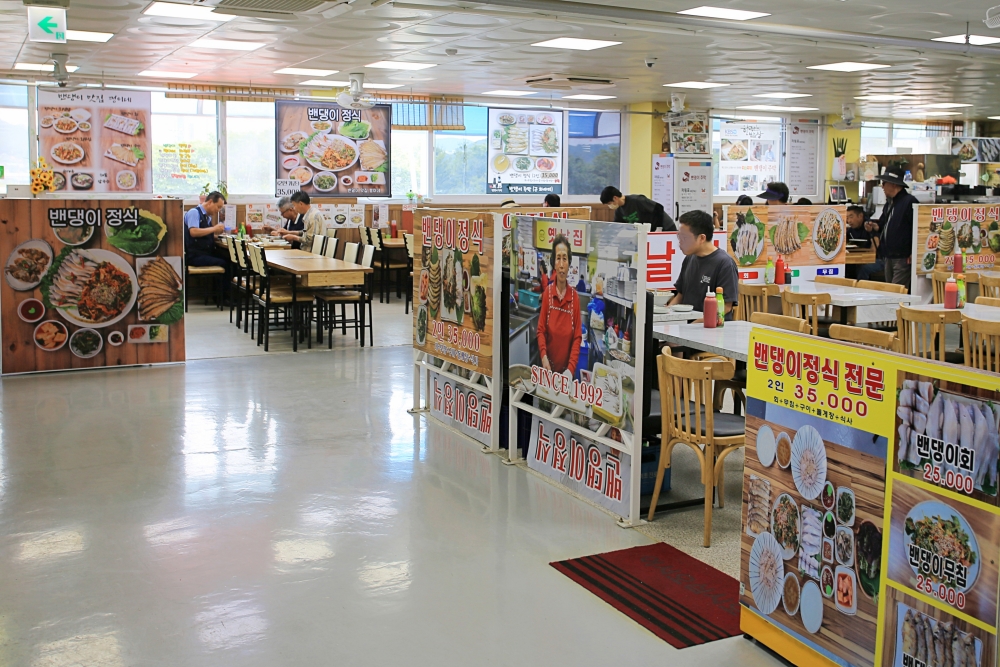
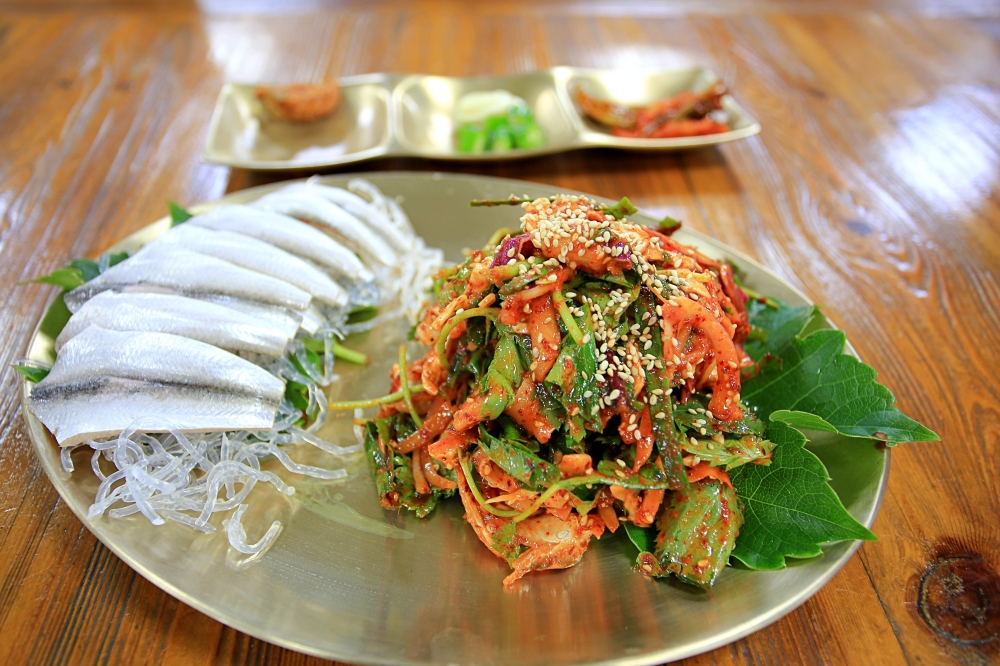
After browsing through the selection of local specialties on the first floor, head up to the second floor for a bite to eat. The variety of food offered on the second floor ranges from main dishes to desserts, but the centerpiece is the scaled sardine (baendaengi). Many restaurants here specialize in this fish.
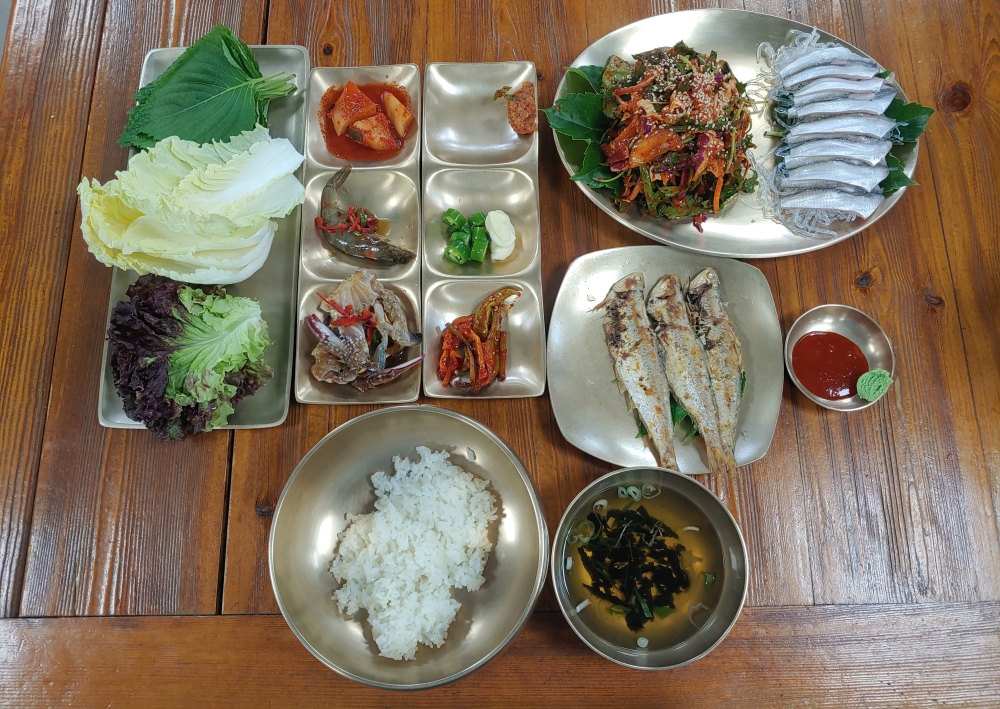
Scaled sardines are widely caught around Ganghwado Island and Incheon. They belong to the Clupeidae family, the family of herrings, and are known for being extremely sensitive, so much so that the stress of being caught in a net can kill them instantly. This small fish offers a robust and savory flavor that can be enjoyed grilled, sliced raw, braised, or salted. Restaurants in Ganghwa Pungmul Market often offer set menus that include sliced raw scaled sardine, scaled sardine salad, and grilled scaled sardine, allowing you to sample a bit of everything. Scaled sardines are in season in May and June, making them even more flavorful and tender than usual. The set menus, which include marinated crab, are priced at KRW 32,000 to 35,000 for two people―a great deal considering the rising cost of living in Korea these days.
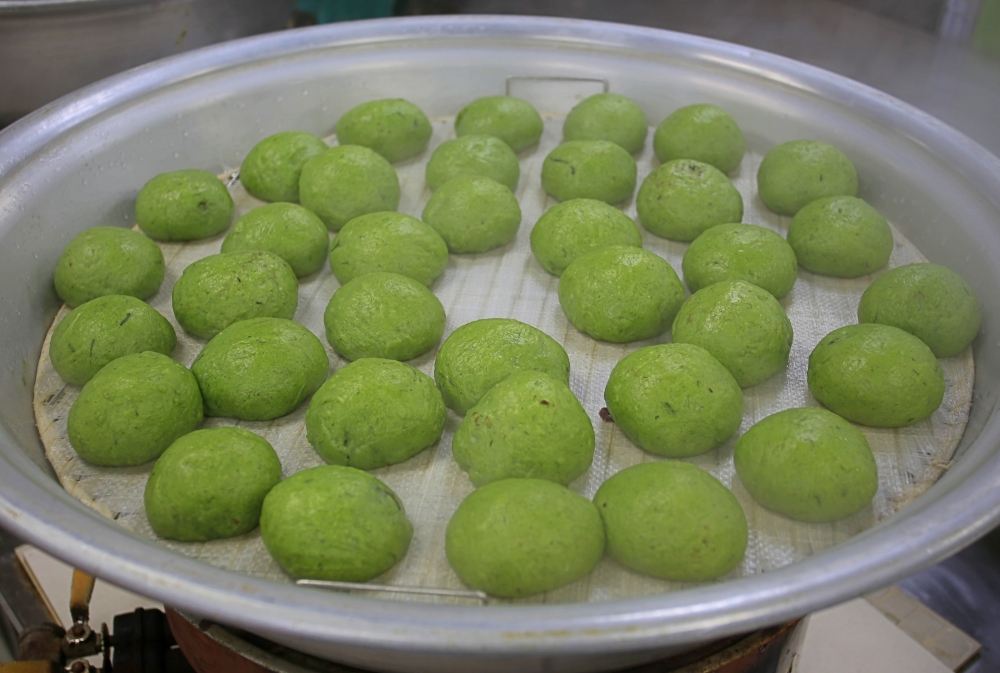
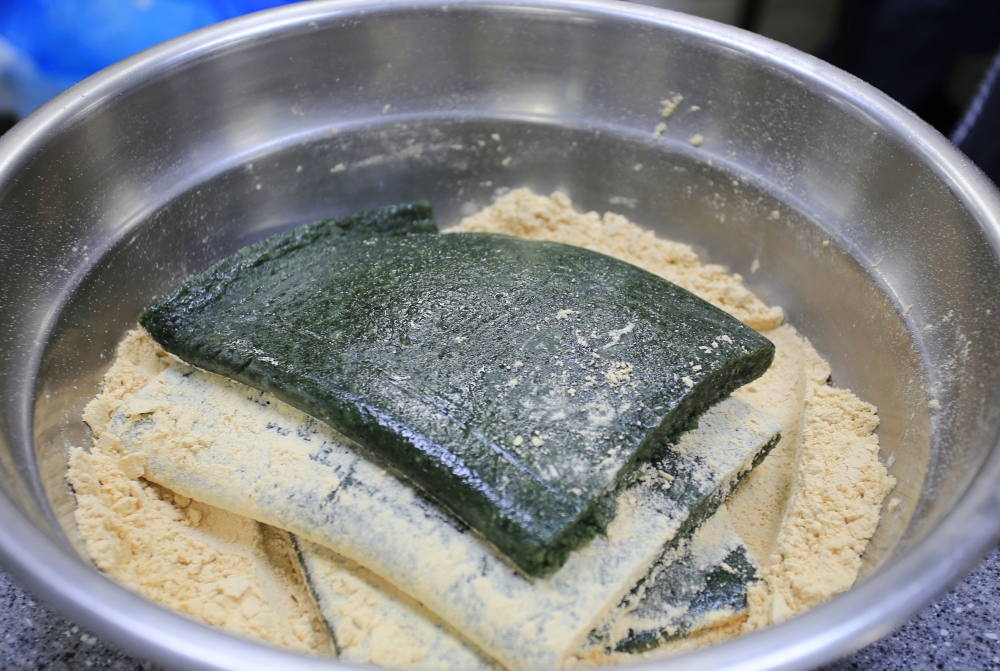
After enjoying your scaled sardines, it’s time for dessert. The second floor of the market is home to shops that sell steamed buns and rice cakes, often using Ganghwa mugwort for color and fragrance. Some shops make the rice cakes or steamed buns to order, allowing you to watch the masters at work and enjoy the unique experience of browsing Korean markets. The annex connected to the second floor’s restaurant area houses shops that offer Ganghwa specialties and medicinal herbs. The scent of mugwort washes over you as you enter the space, clearing your mind of clutter. Here, you can purchase Ganghwa mugwort, sometimes known as sajabalssuk (Lion’s Foot Mugwort).
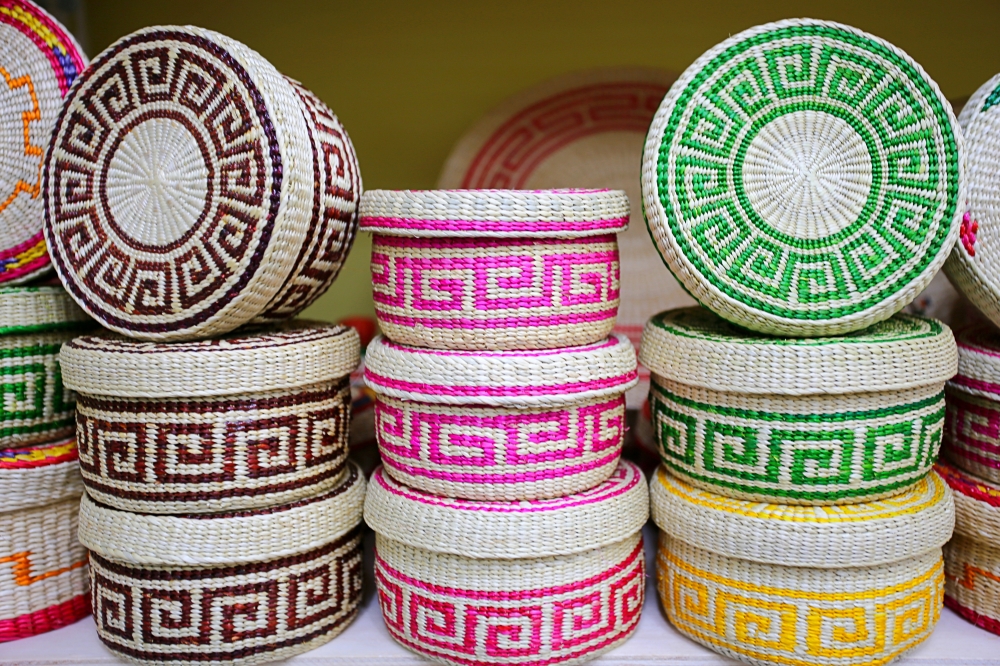
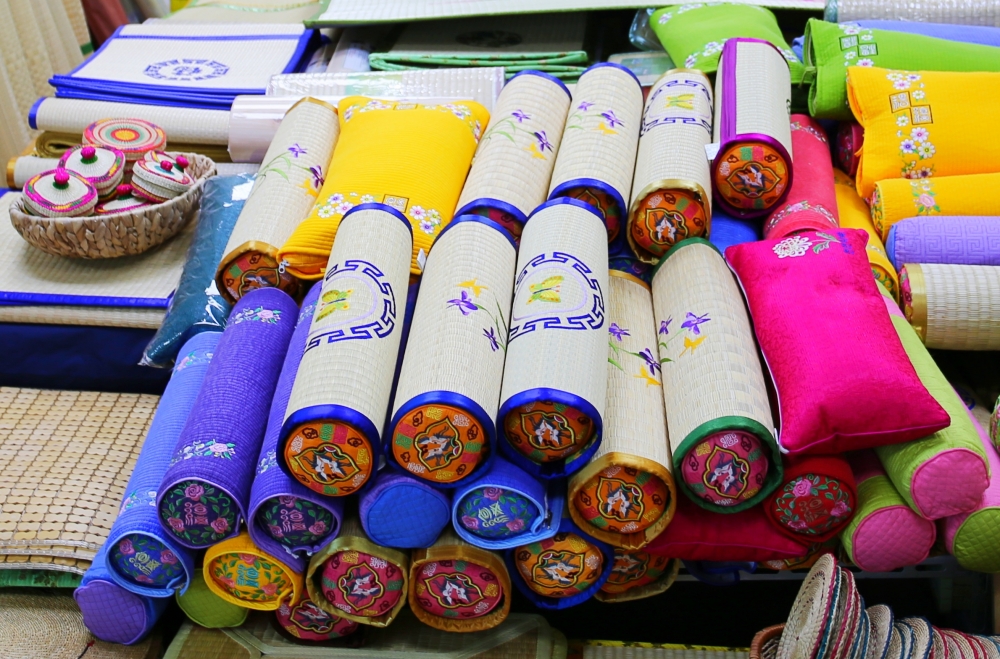
Across from the medicinal herb shops, you’ll find stores offering Ganghwa crafts. Though the number of stores may be small, they boast a great selection of beautiful hwamunseok mats and dainty wangul (rush) crafts. Ganghwa’s wangul (rush) crafts, made by weaving pure-white Ganghwa rush by hand, are the pride and joy of the region. Colored wangul is used to make hwamunseok mats, which feature floral patterns; hwabangseok floor cushions, embroidered with patterns of bonghwang (a phoenix-like mythical bird) and taegeuk (a national symbol); and kkotsamhap, a collection of three baskets embroidered with flowers.
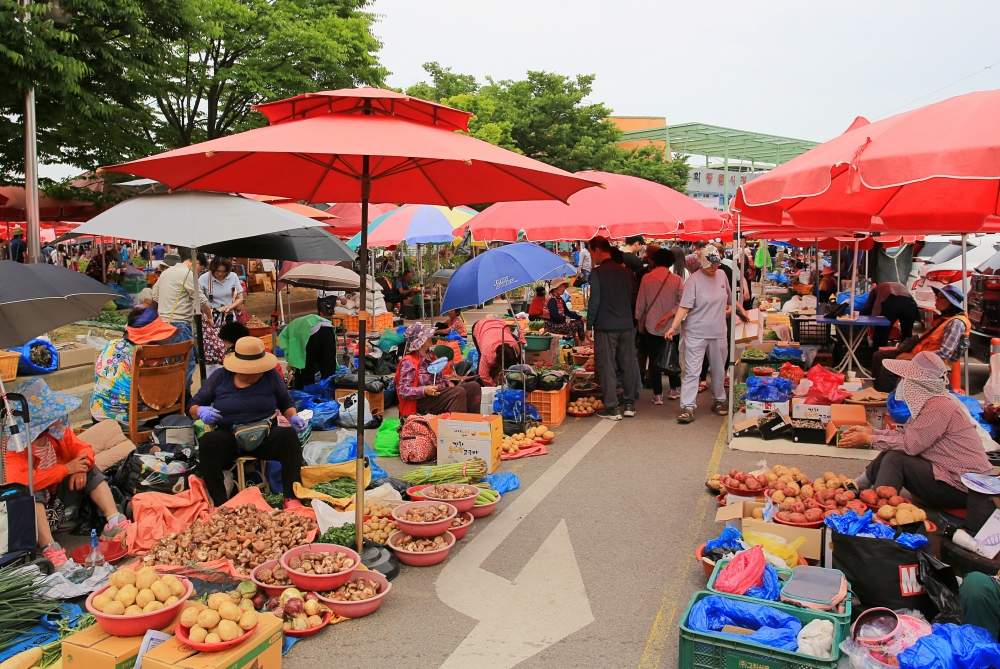
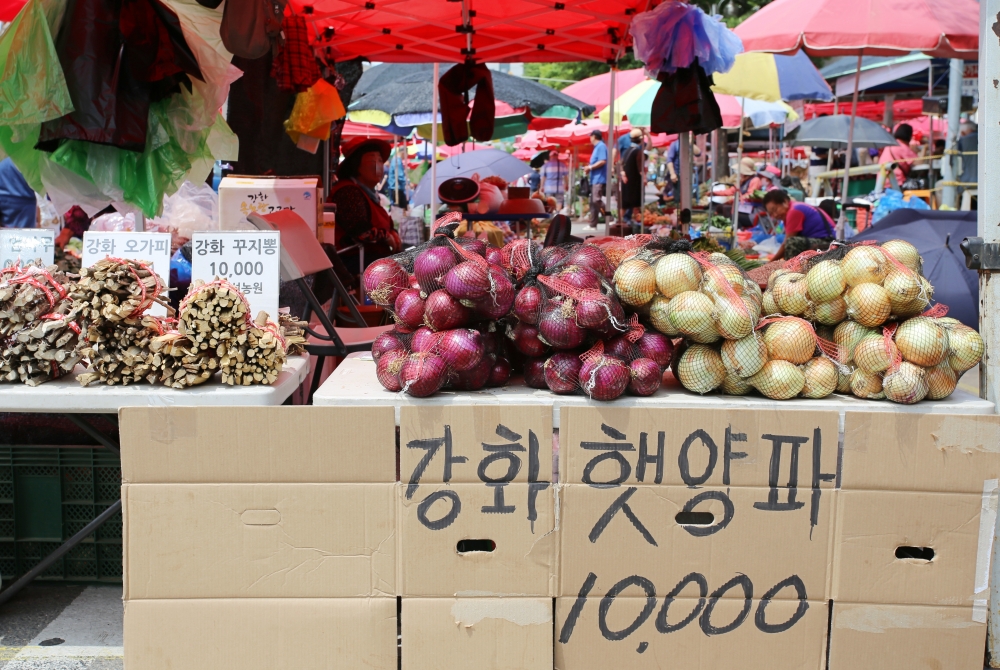
You can time your visit to the Ganghwa Pungmul Market on days where the Five-day Market is held (days ending in 2 and 7) to find even more things to see and purchase. The Five-day Market at Ganghwa Pungmul Market is a bustling and energetic affair, featuring malt candy sellers in comical costumes and grannies selling vegetables from their fields.
[TIP] Free parking passes are available with purchase from the market, so make sure to claim your parking pass. Free parking benefits last up to an hour (as of June 2024).
- Address17-9 Jungang-ro, Ganghwa-eup, Ganghwa-gun, Incheon
- Tel. No.+82-32-934-1318
- Opening HoursHours vary by shop; closed every first and third Monday
(if that Monday is a public holiday or a day ending in 2 or 7, the market is closed the following day)



 641
641


